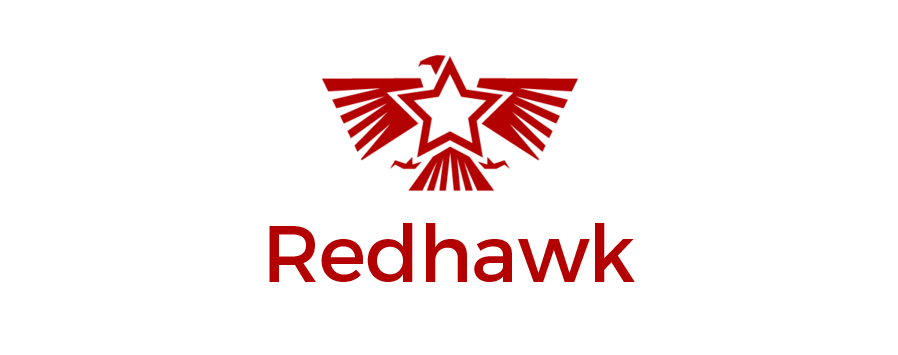Every city seems to be hosting startup contests where founders pitch their companies to a dais of “experts” live on stage in an effort to win some funding. Sometimes these competitions are massive and worth millions but many are much smaller; awarding $5k to $20k. It’s within these newer and smaller competitions that I have noticed a recurring series of mistakes.
1. The judges are not experts in entrepreneurial businesses
You see this when sponsors become the judges or the panel includes commercial bankers who are really not business-builders. I love bankers and many of my friends are a part of that industry but they are institutionally bad at valuating and understanding start-up businesses. They tend to judge a business idea in terms of if they would give them a loan and for how much.
2. Contestants are often post-funded companies that have been in business for a year or more
When you are awarding $10k to a company that already has employees and overhead, you have given them 6 weeks of operating costs. That $10k could have launched a prefunded company’s business plan and allowed them to get a credible pitch together to secure additional funds. Instead, you have floated an established company’s payroll for a few weeks. You’ve created almost zero value. If the contest is awarding $100k or more, that’s a different story but when you are giving away small amounts of prize money, focus on those for whom it has the greatest impact.
3. The best idea almost never wins
Based on the sponsors, the event’s host, the constituency of the audience and other non-business-related factors, the least deserving of companies often win these events. There are always ulterior motives at play and when those are allowed to propagate, you see some truly awful business models walking away with money that would have served a greater purpose being set on fire in the parking lot. Nobody wants to admit this happens- but it does.
4. The event tries to be “like” Shark Tank
As soon as one of these competitions invokes the Shark Tank name in its promotional materials, it immediately loses credibility with me. Mark Cuban is not coming to your event. It is a TV show that is 50% substance and 50% manufactured drama. The best contests hold non-public and lengthy discovery sessions between the companies and the judges. Financial details are poured over and every assumption is challenged. By the end of that process, a business plan has been credibly reviewed and vetted. When those judges name a winner, it’s a very carefully considered verdict. The contestants come away with invaluable insight and advice from experts that will benefit them in perpetuity.
5. Read the fine print for the award money
More needs to be done to explain to contestants any requirements that will be imposed on claiming the prize money after it is “awarded.” This includes details around benchmarking or timing thresholds required before the money will be made available. What tax implications exist and was that explained to them? One competition I watched closely actually had a very short window where the winners could claim their award and it required hours of drafting financial reports and updating the business plan. At one point, the 2nd place winner decided the $6k they won wasn’t worth the effort and forfeited the money.
It is truly outstanding that more of these competitions are popping up all over the country. These events can be future-altering opportunities for start-up businesses or they can be thinly-disguised advertising events for the paying sponsors.
As with most innovative ideas, the shift toward commercialization happens at some point and the original altruistic motivations are supplanted by the attraction to revenue and marketability. We’ve seen this shift happen with the best events. If you think that AOL purchasing TechCrunch won’t turn Disrupt into an event where sponsors look to sticker-up everything that moves like a NASCAR, you may be sincerely disappointed.
If organizers can focus on creating the best possible value for their sponsors while maintaining the worth of the experience for contestants, these competitions can help launch the next big idea.
